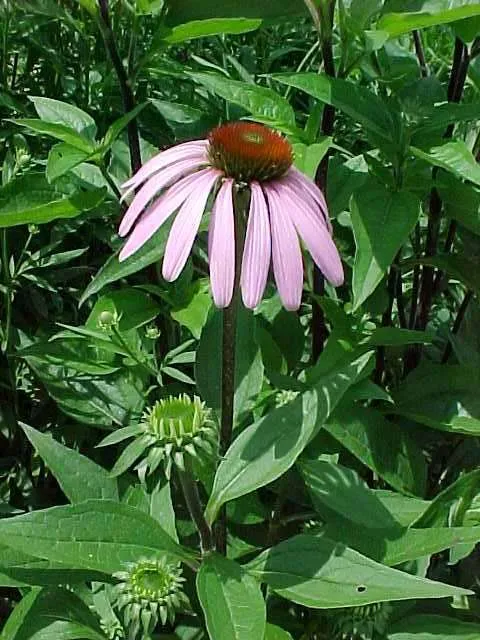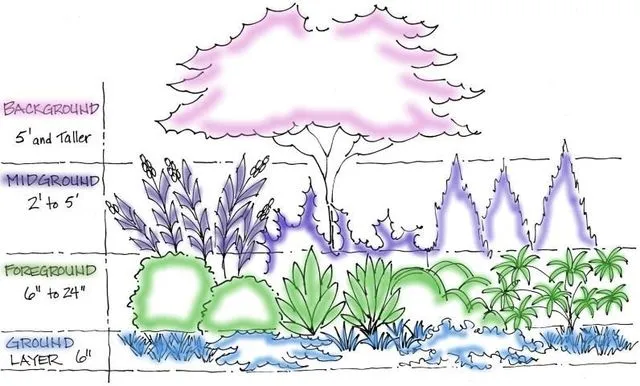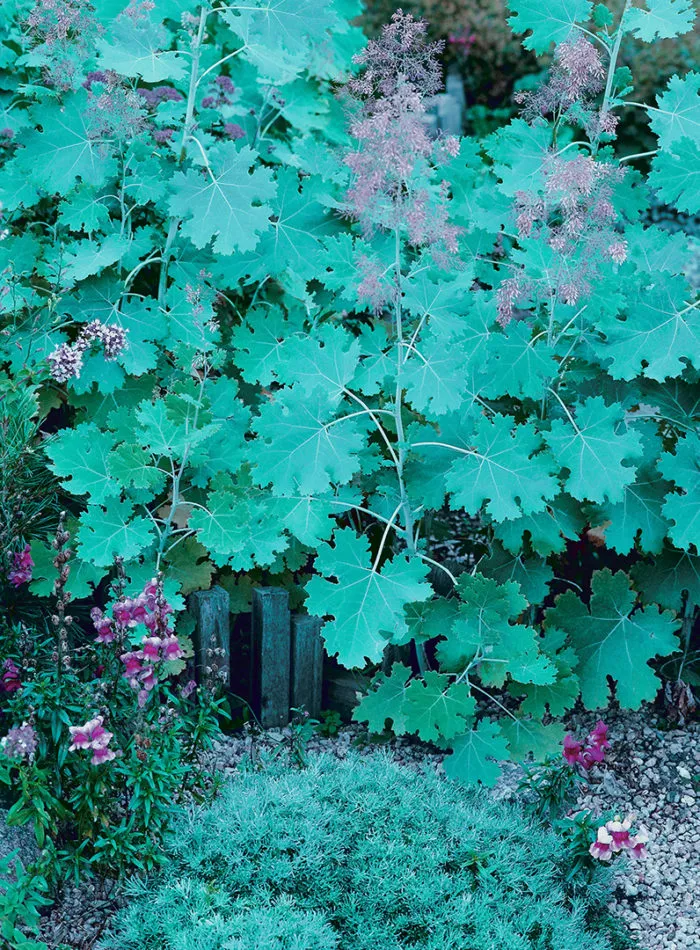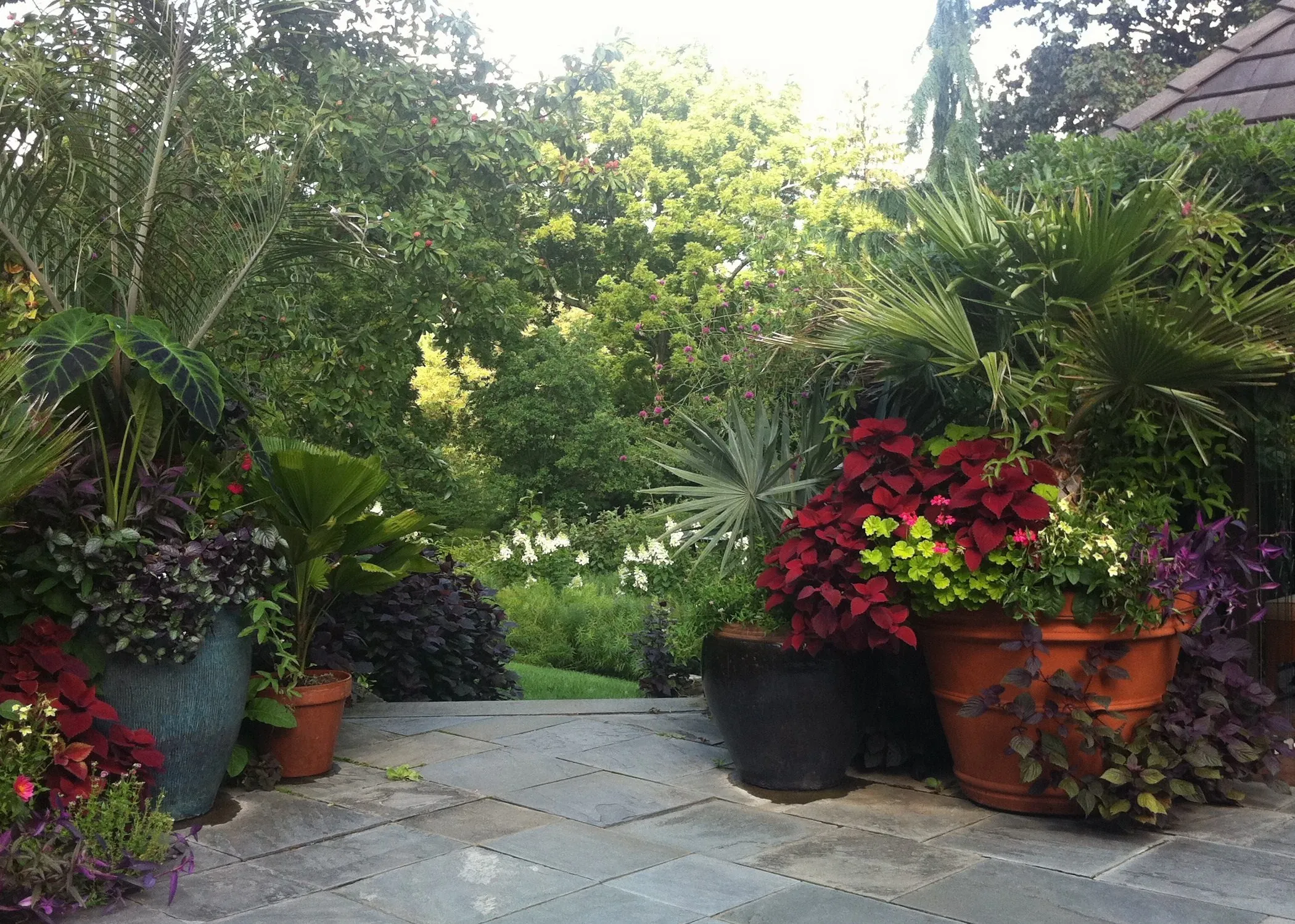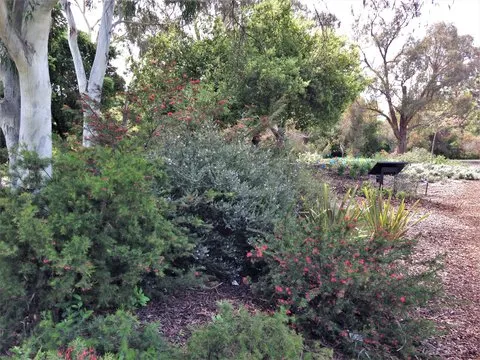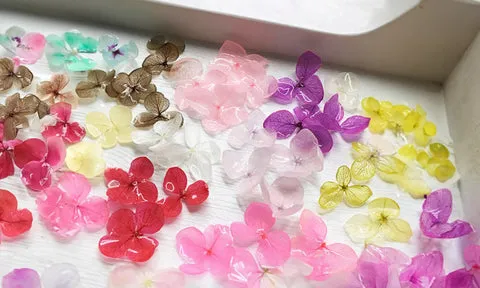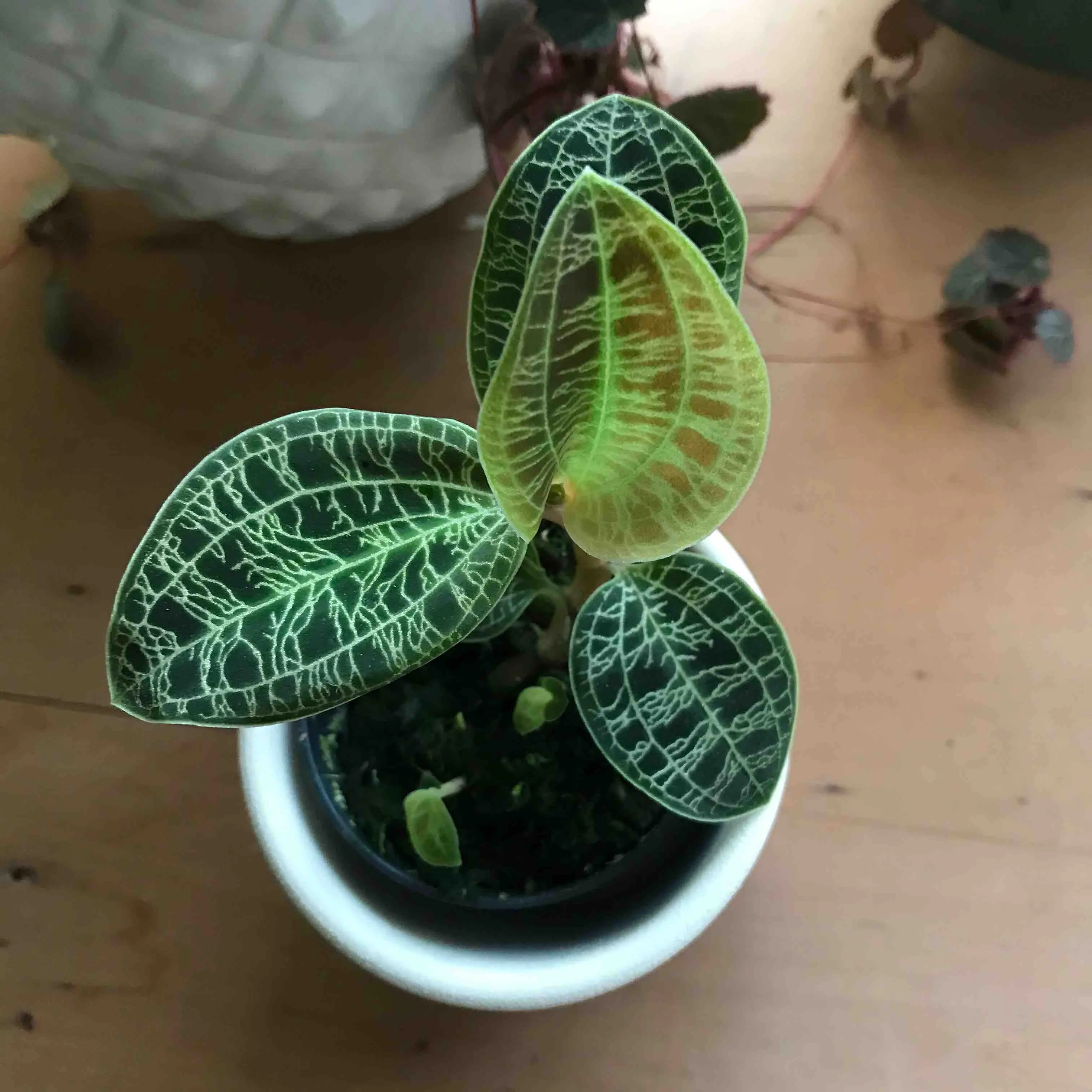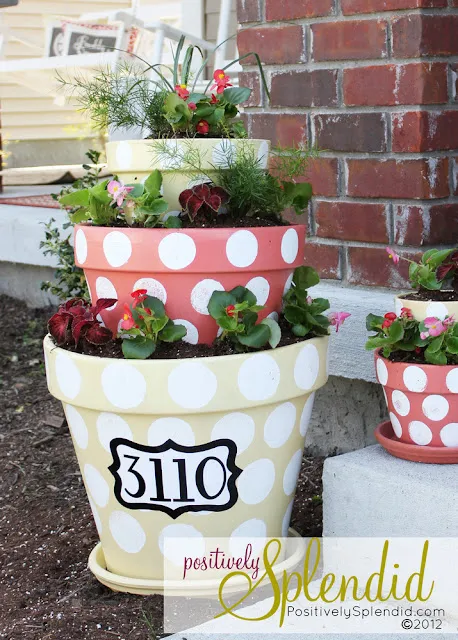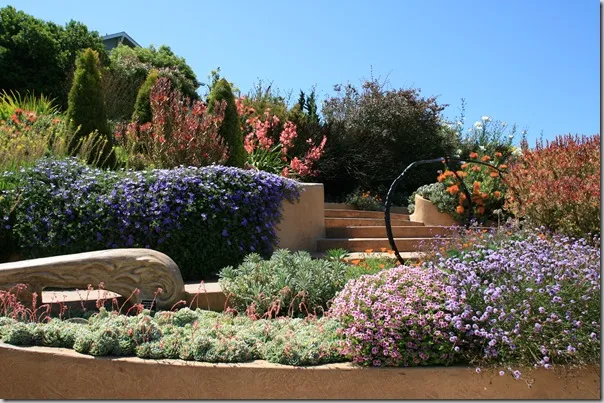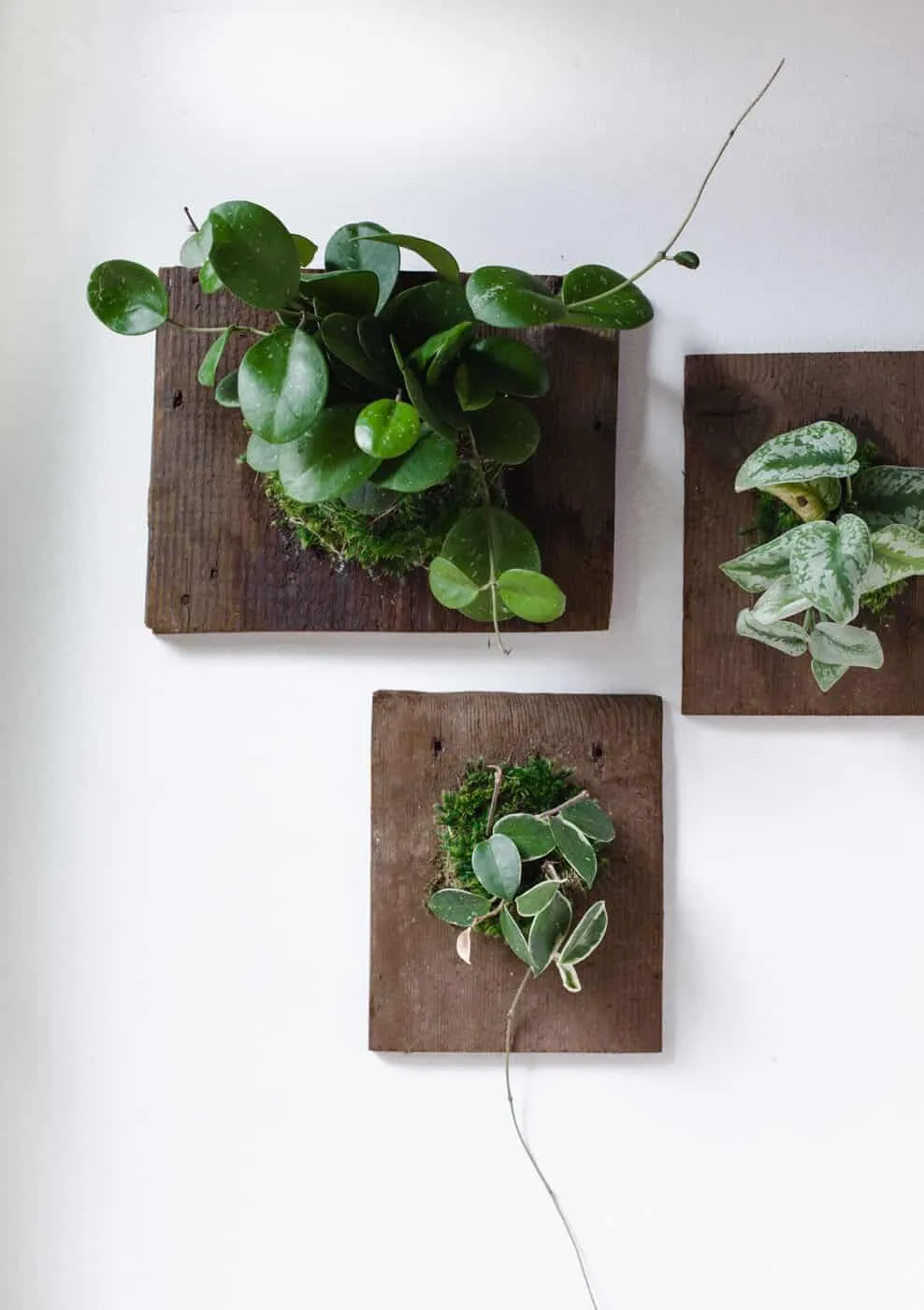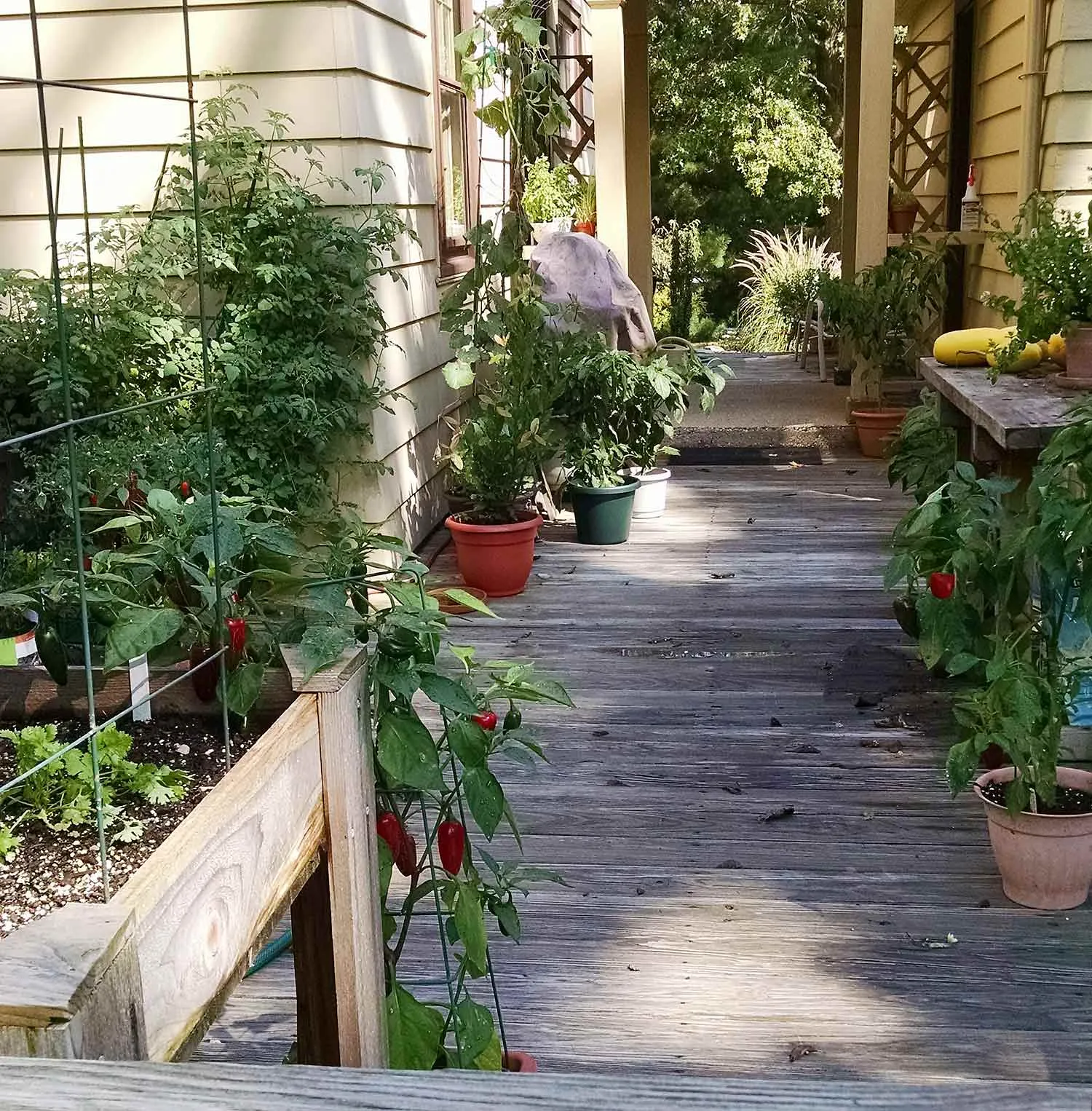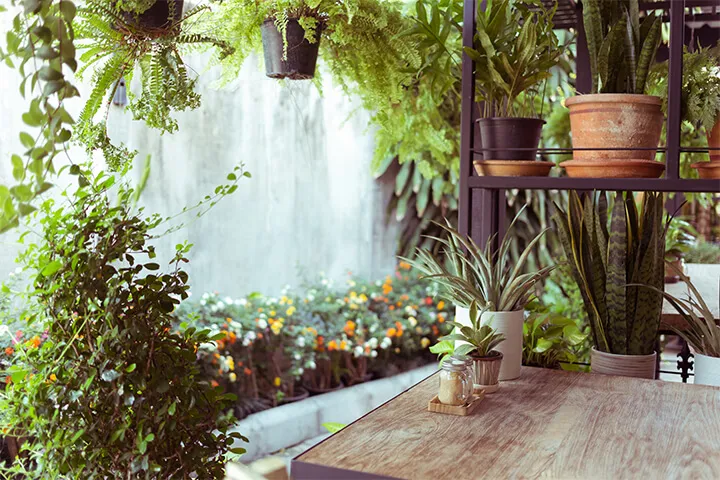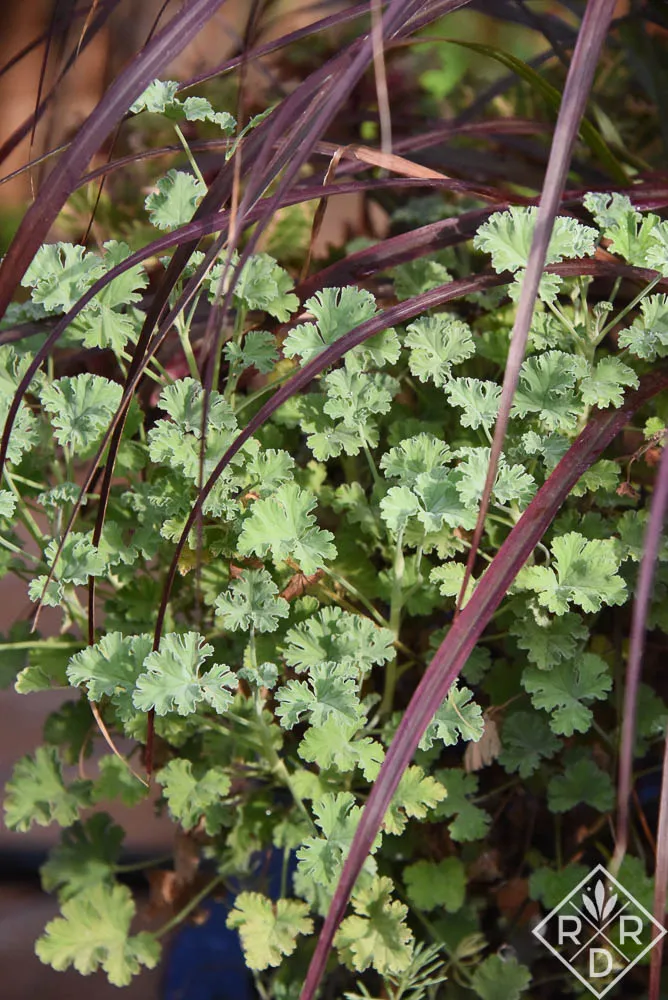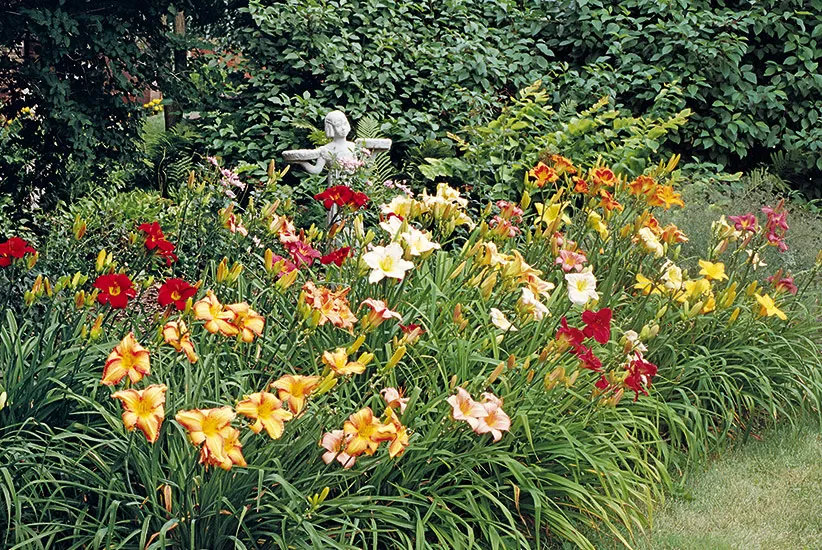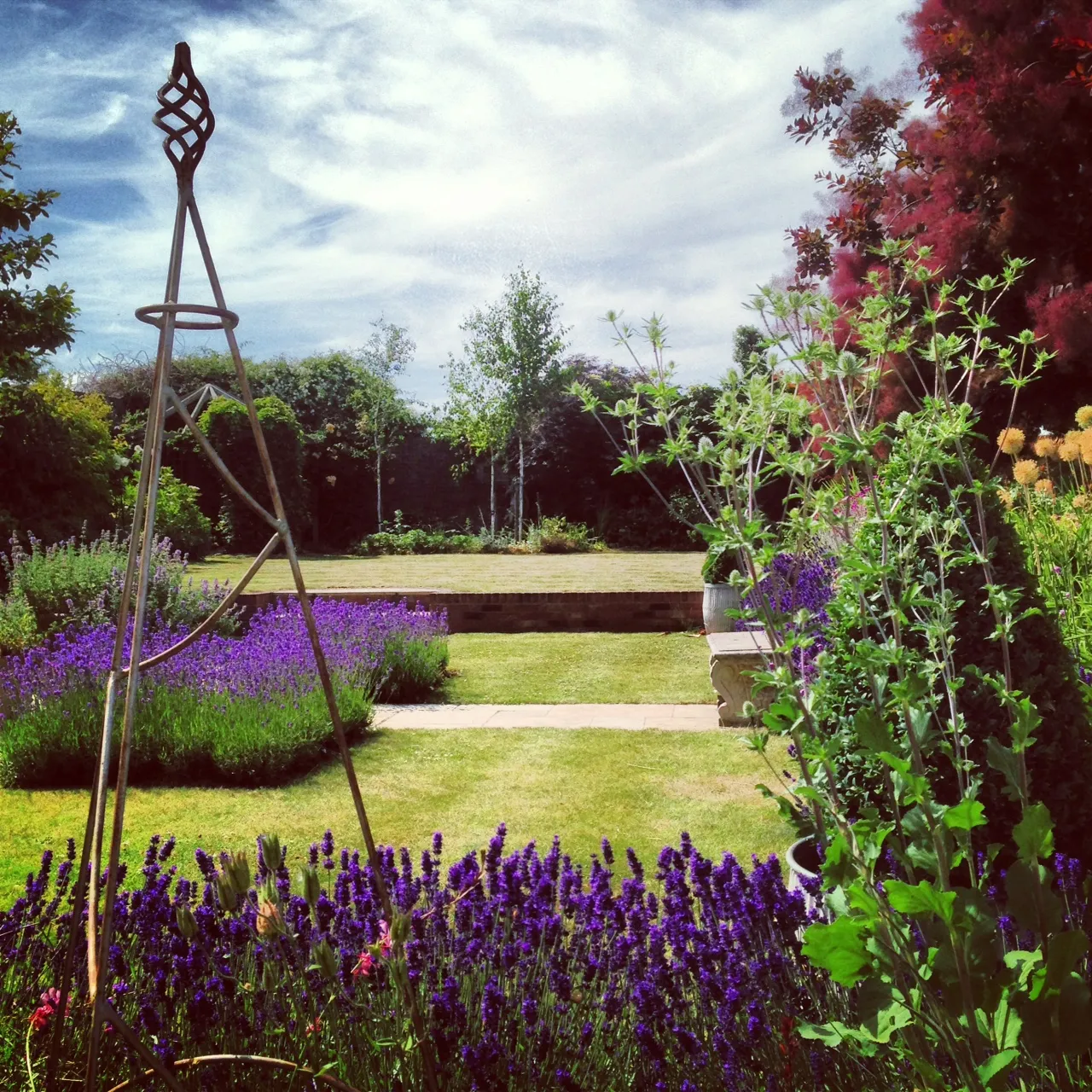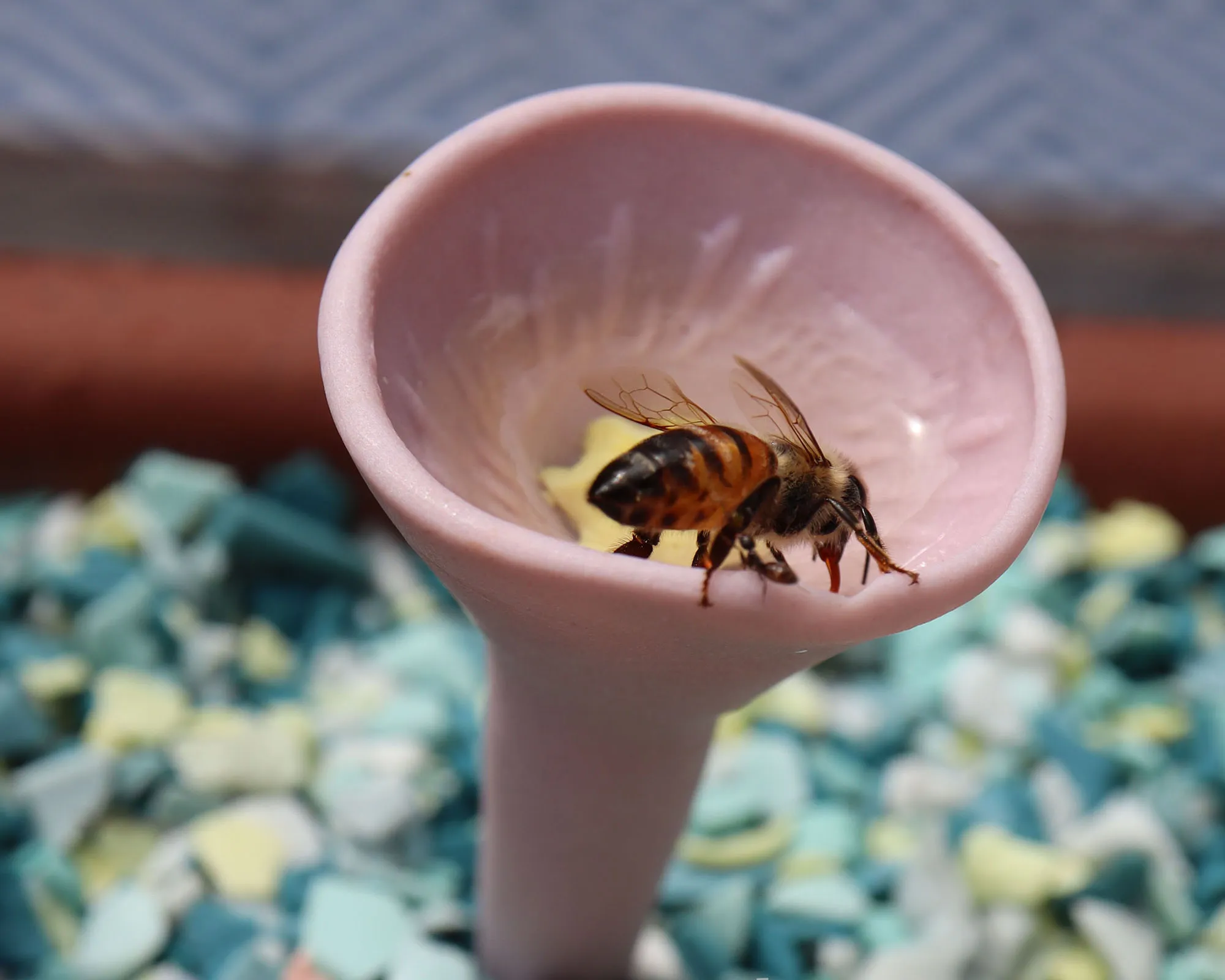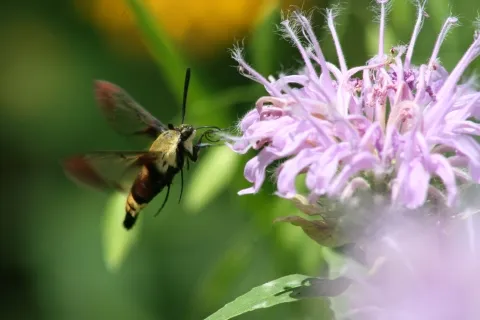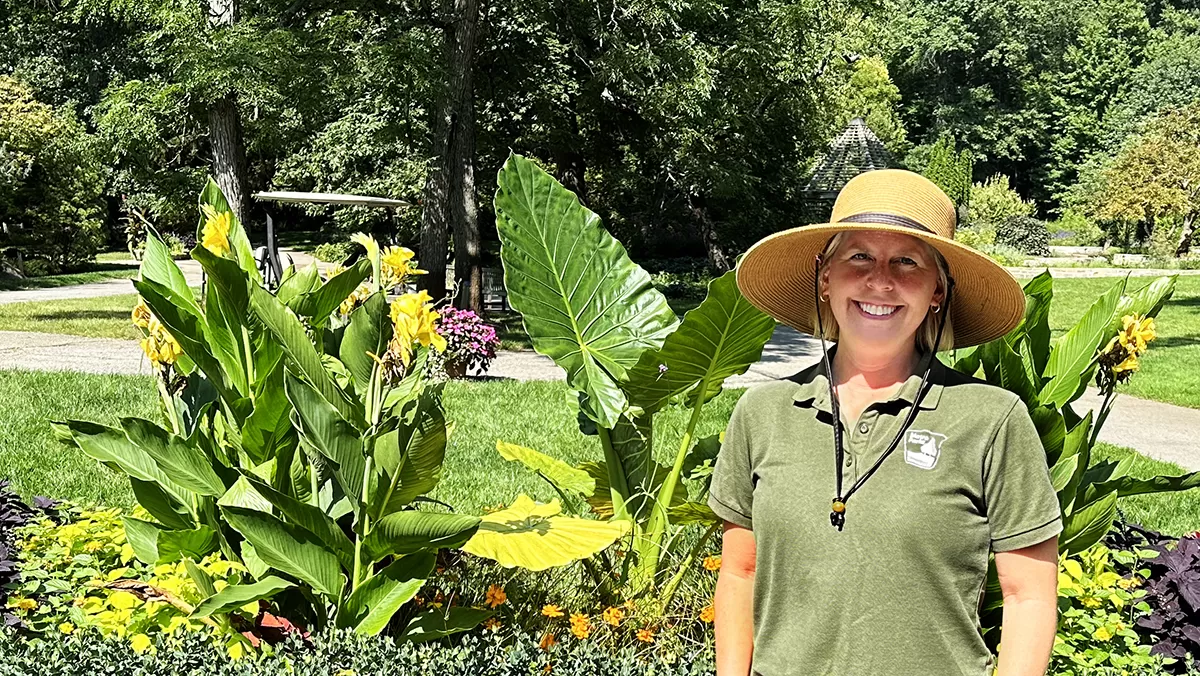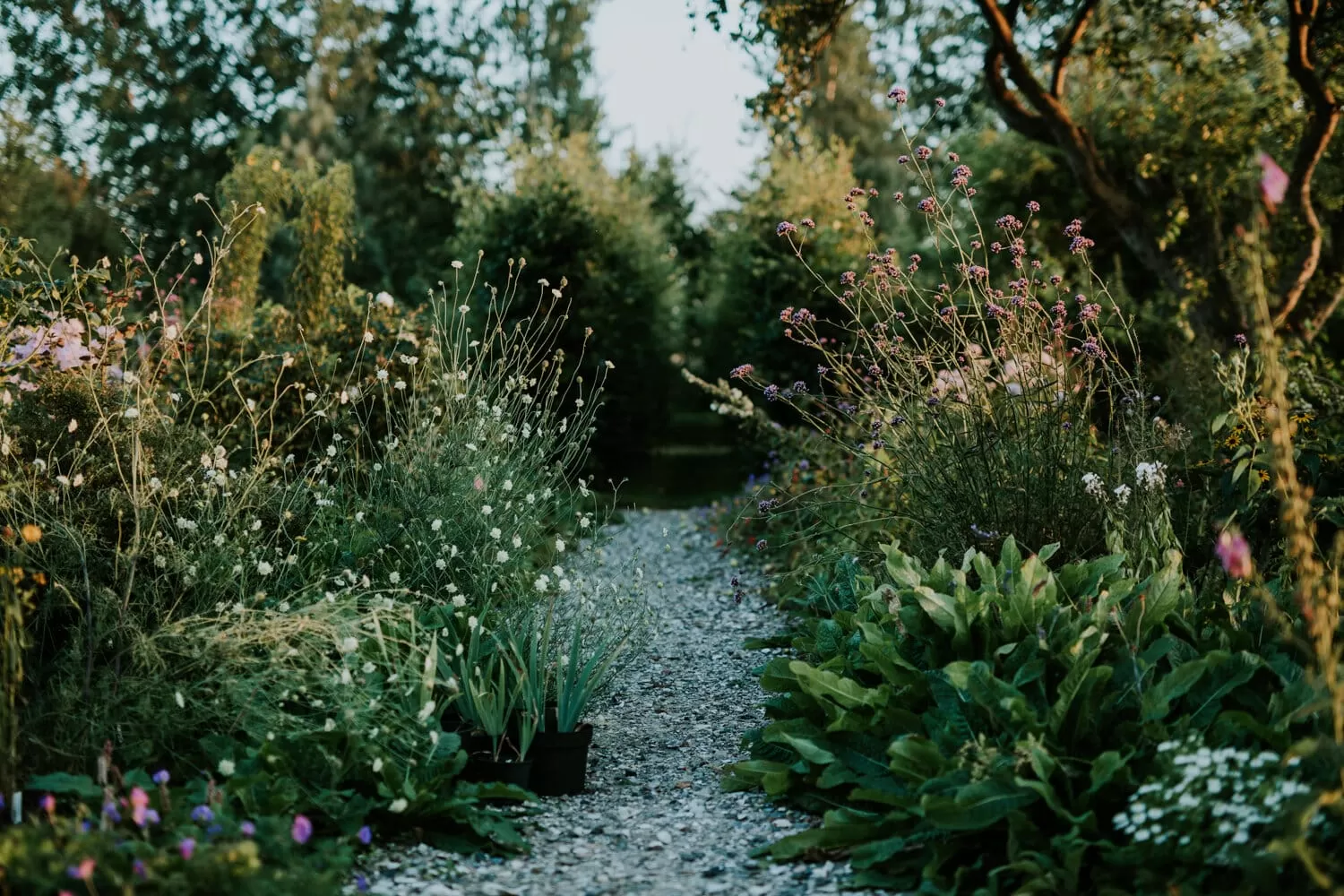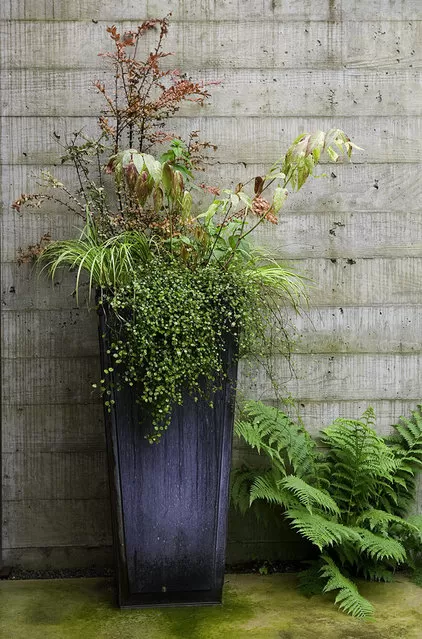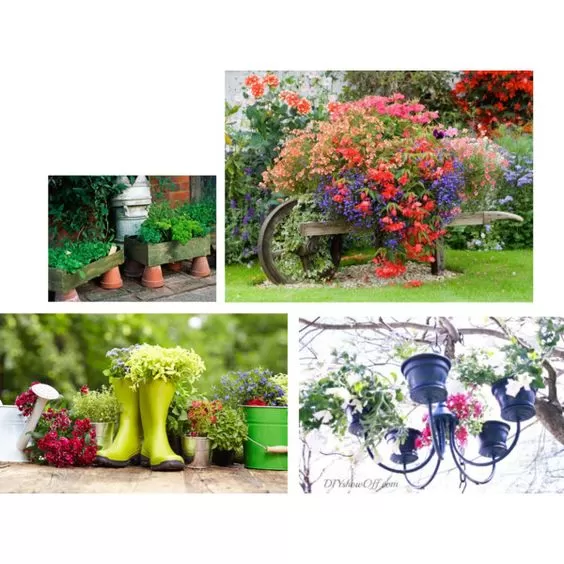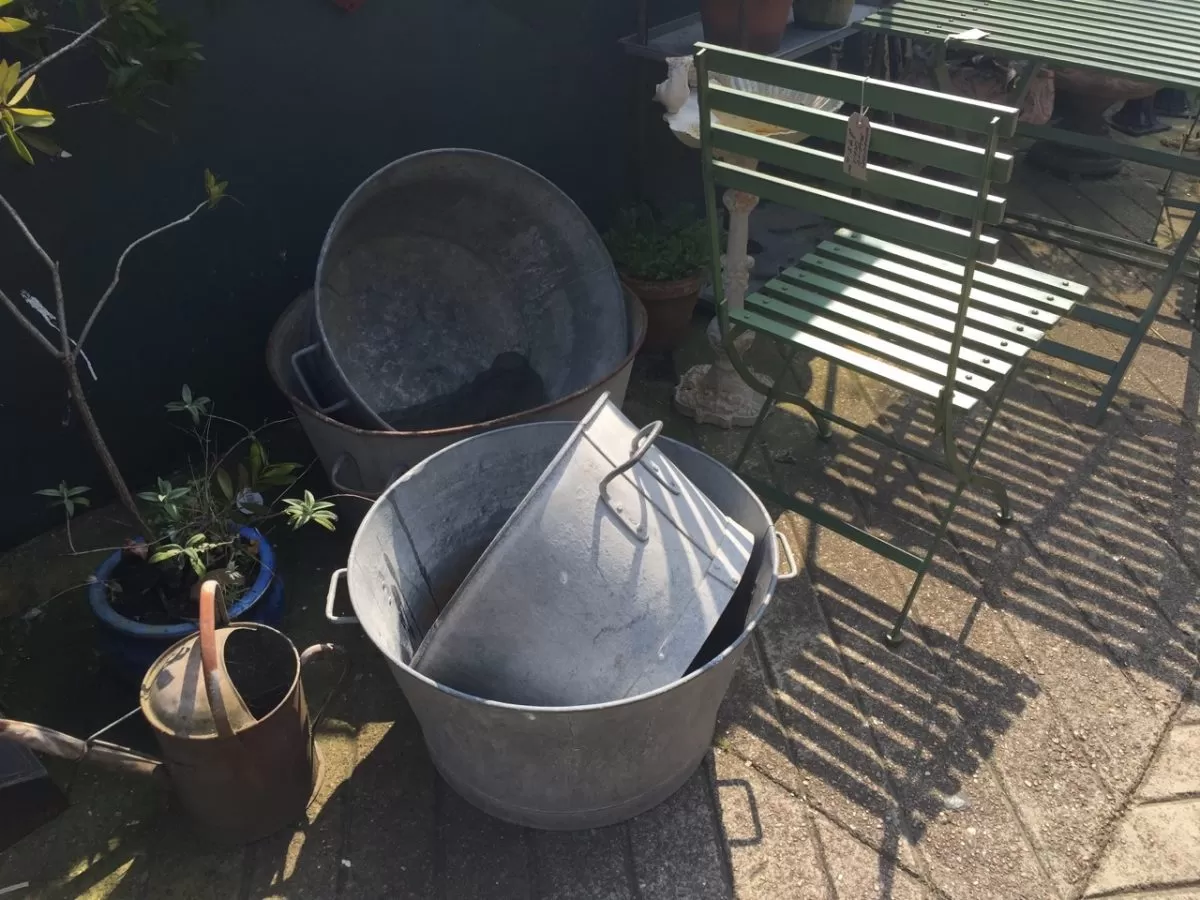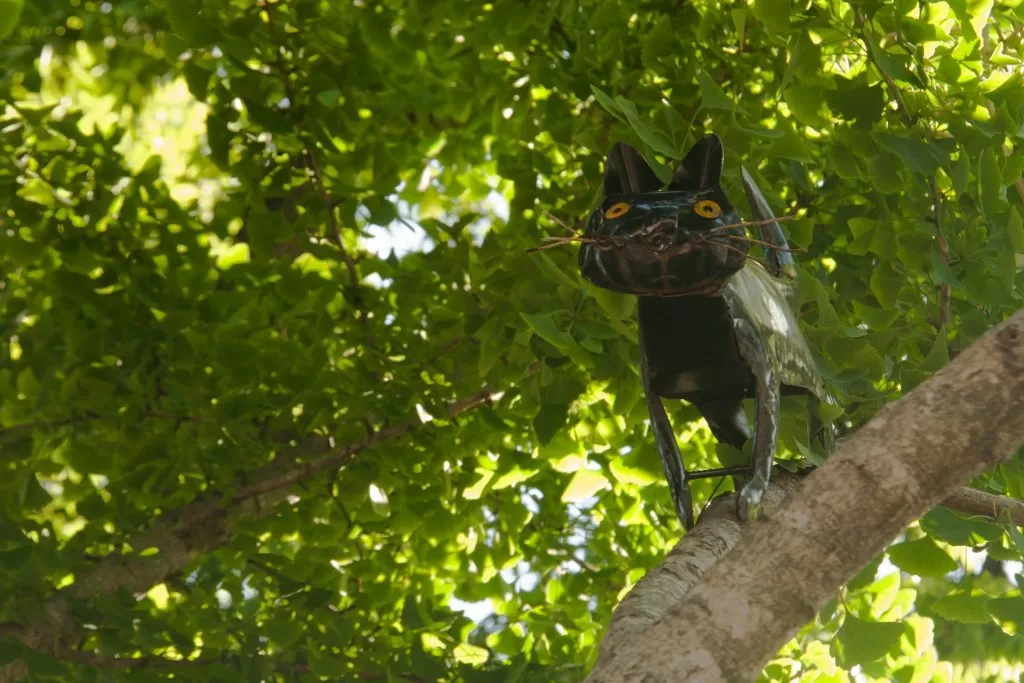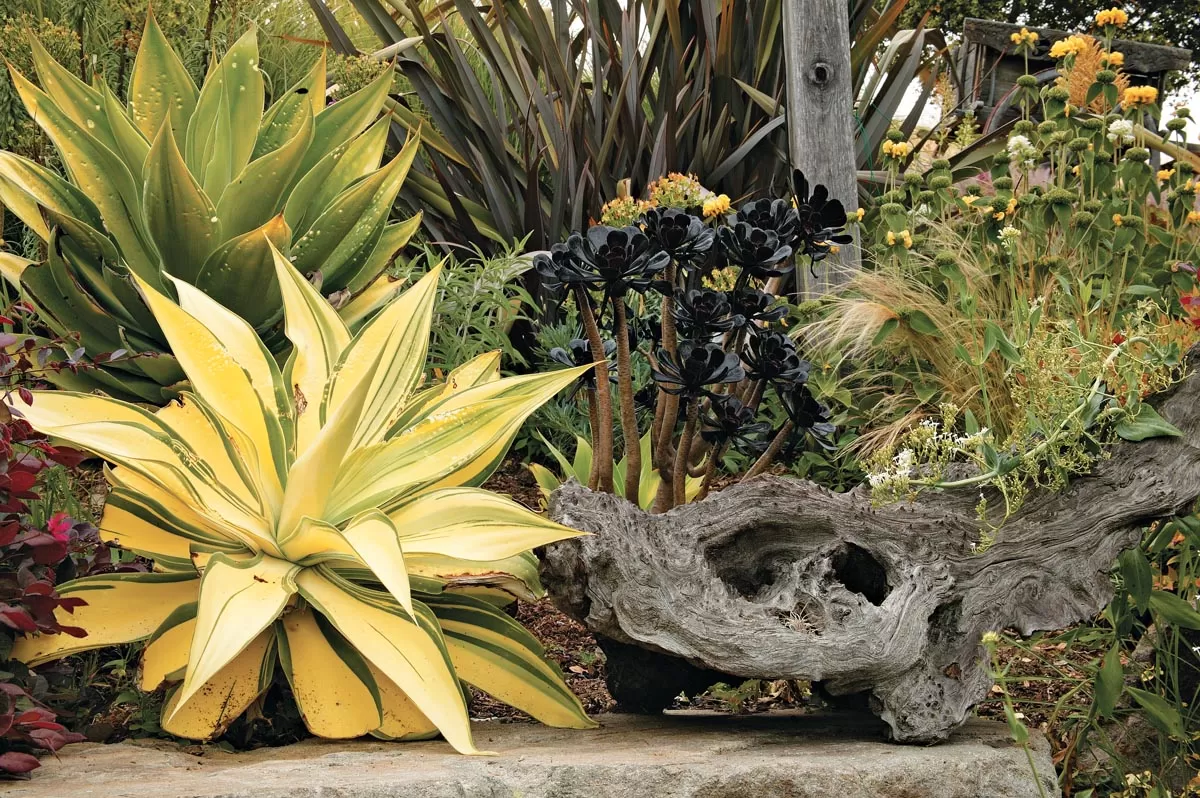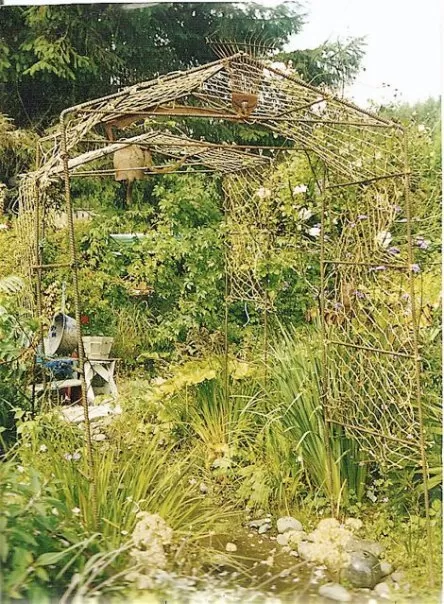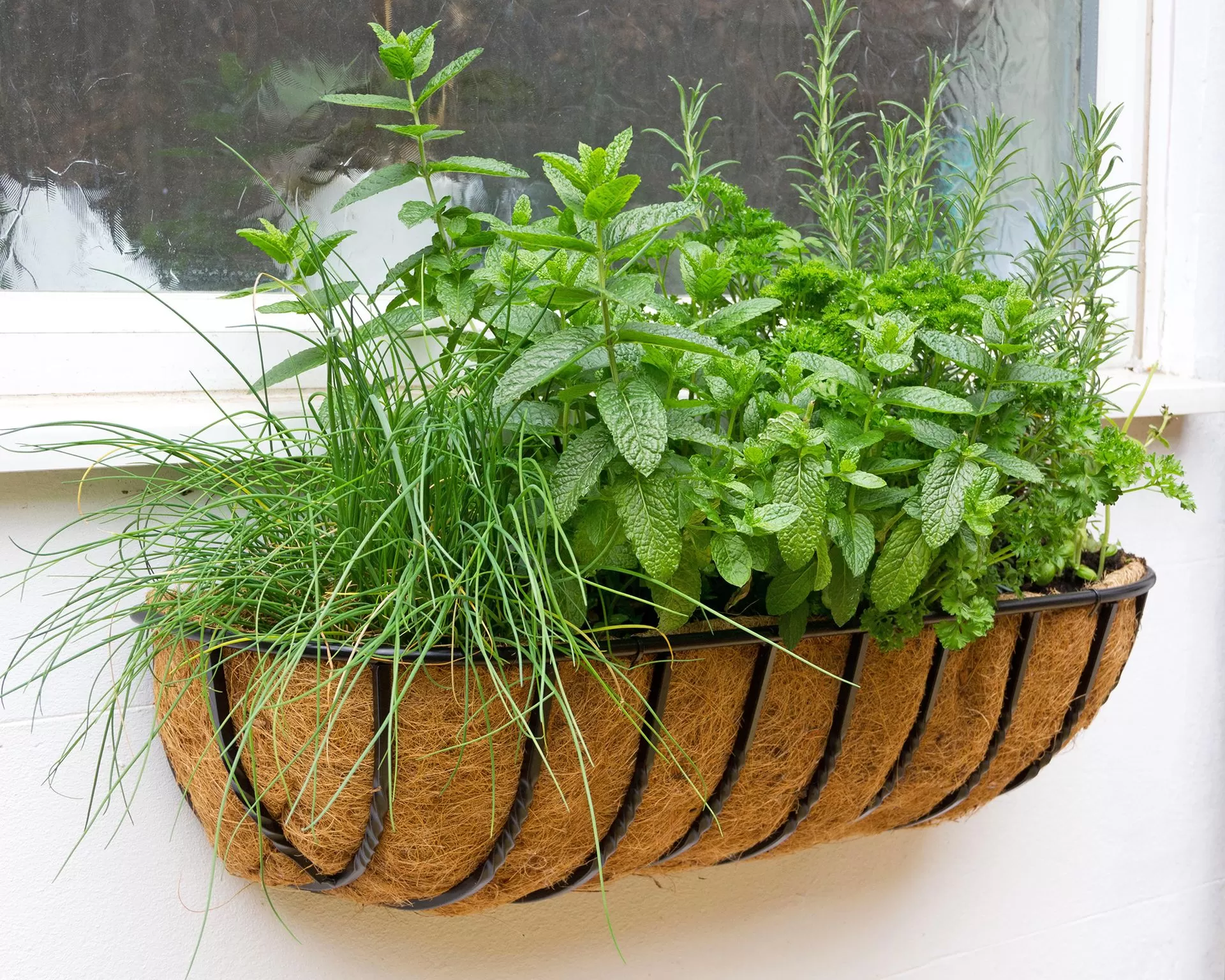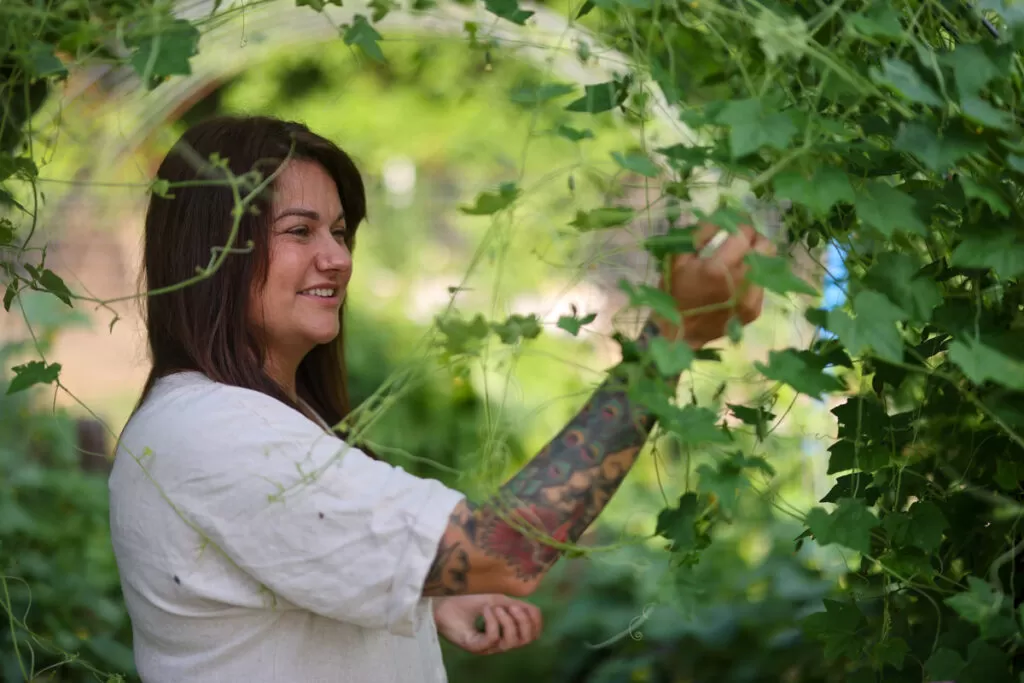- Learn how to successfully grow iris plants from seed
- Discover tips for proper care, maintenance, and pest control
- Explore the fascinating history and symbolism of iris flowers
- Gain insights into native North American iris species
Embarking on the journey of growing iris plants from seed is a rewarding experience that can bring beauty and diversity to your garden. Whether you’re a seasoned gardener or a beginner with a green thumb, this guide will help you master the art of cultivating these stunning flowers from scratch. Let’s dive into the world of irises and uncover the secrets to successful seed propagation.
Contents
- Understanding Iris Plants: From Sunlight to Soil
- Sunlight and Moisture Requirements
- Soil and Climate Preferences
- From Seed to Bloom: The Iris Growing Process
- Seed Treatment and Planting
- Indoor vs. Outdoor Starting
- Transplanting Tips
- Maintaining Your Iris Garden: Care and Troubleshooting
- Regular Care
- Pest and Disease Management
- The Rich History and Symbolism of Iris Flowers
- Conclusion: Embracing the Iris Growing Adventure
Understanding Iris Plants: From Sunlight to Soil
Irises are versatile plants that can thrive in various conditions, but understanding their basic needs is crucial for successful cultivation. Let’s focus on Iris missouriensis, a native North American species, as an example of typical iris requirements.
Sunlight and Moisture Requirements
Irises are sun-loving plants that perform best in full sunlight. However, they can tolerate partial shade in hotter regions. Here are some key points to consider:
- Provide 6-8 hours of direct sunlight daily for optimal growth
- In hot climates, offer some afternoon shade to prevent leaf scorch
- Ensure well-draining soil to avoid waterlogging
- Keep soil consistently moist, especially during the growing season
- Mulch around plants to retain moisture and regulate soil temperature
Soil and Climate Preferences
To create the ideal growing environment for your iris plants, consider these factors:
- USDA Hardiness Zones: Iris missouriensis thrives in zones 3-8
- Soil pH: Aim for a range between 6.0 and 8.0
- Soil type: Well-draining, rich in organic matter
- Plant height: Typically 1-2 feet tall
- Spread: Approximately 3/4 to 1 foot
- Bloom period: May to June
From Seed to Bloom: The Iris Growing Process
 grow iris from seed
grow iris from seed
Iris seeds ready for planting
Growing iris from seed requires patience and care, but the results are truly rewarding. Follow these steps to successfully cultivate your iris plants:
Seed Treatment and Planting
- Cold stratify seeds for 30-60 days to improve germination
- Plant seeds 1/16 to 1/8 inch deep in sterile seedling mix
- Space seeds 18 inches apart when planting outdoors
- Expect germination within 28-35 days
Indoor vs. Outdoor Starting
- Indoor: Use biodegradable pots under artificial light at 65-70°F
- Outdoor: Sow directly once frost danger has passed
Transplanting Tips
- Plant seedlings with biodegradable pots intact to minimize root disturbance
- Soak pots before planting and lightly score sides to encourage root growth
Maintaining Your Iris Garden: Care and Troubleshooting
To ensure your iris plants thrive, follow these maintenance tips:
Regular Care
- Weed regularly to prevent nutrient competition
- Remove faded flower stalks to promote plant health
- Divide plants every 2-3 years to prevent overcrowding
- Allow foliage to die back naturally at season’s end
Pest and Disease Management
Common issues affecting iris plants include:
- Fungal and bacterial diseases
- Pests such as aphids, crickets, and iris borers
- Overcrowding and poor drainage
To prevent these problems:
- Ensure proper spacing and adequate sunlight
- Maintain well-draining soil
- Monitor plants regularly for signs of disease or pest infestation
- Remove and dispose of diseased plants promptly
The Rich History and Symbolism of Iris Flowers
Irises have captivated humans for centuries, playing significant roles in various cultures:
- Ancient Egypt: Symbolized power and victory
- Japan: Blue iris represents bravery
- Medieval Europe: Protection against evil influences
- France: Inspiration for the fleur-de-lis emblem
The iris also holds a special place in mythology, often associated with the rainbow and divine connections between heaven and earth.
Conclusion: Embracing the Iris Growing Adventure
Growing iris from seed is a journey that combines patience, care, and a touch of magic. As you nurture these plants from tiny seeds to stunning blooms, you’ll gain a deeper appreciation for the wonders of nature and the joy of gardening.
Whether you’re preserving native species like Iris missouriensis or exploring the vast world of iris varieties, this rewarding process will enhance your garden and your gardening skills. So why not start your iris-growing adventure today? Your future self will thank you when your garden bursts into a rainbow of iris blooms!
We’d love to hear about your experiences growing iris from seed. Share your stories, tips, and photos in the comments below, and don’t forget to explore more gardening content on our website!


